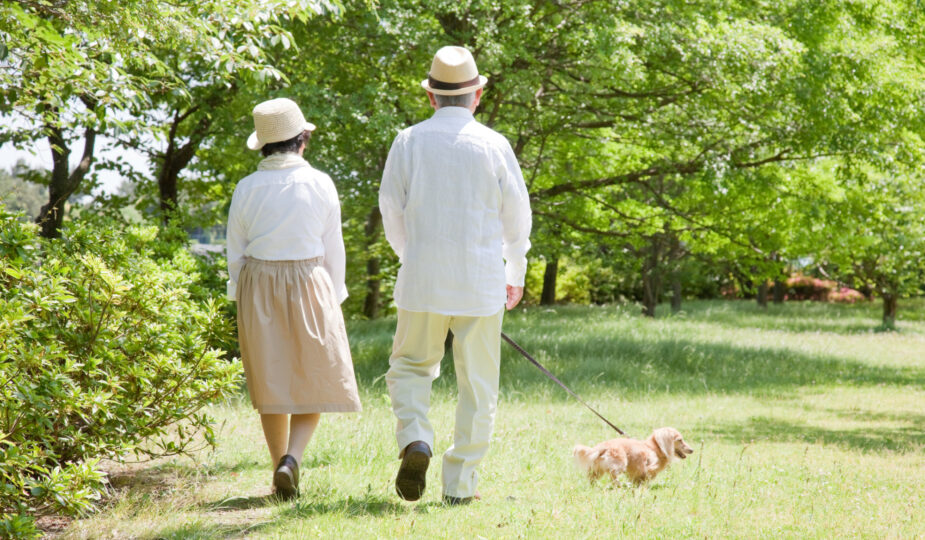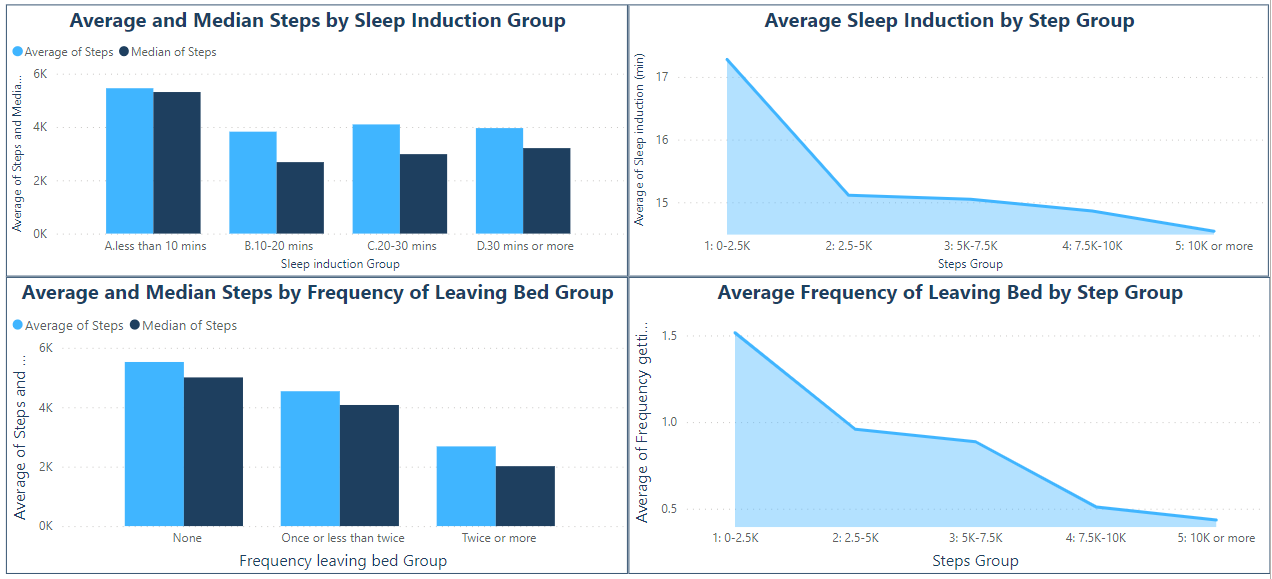How to improve sleep? Key learnings from our sleep project in Nagaoka City

From November 2022 to the end of January 2023, ReMark conducted a sandbox project in Nagaoka City, Niigata Prefecture to analyse the sleep of citizens aged 60 and over. With the results now analysed by the data team, we explore the insights of this study.
Overview: ReMark’s sleep project in Nagaoka
The sandbox project, led by ReMark Japan, was adopted by Nagaoka City to tackle the problem of physical inactivity and sleep disorders among the elderly. The intention was to measure the number of steps taken each day using ReMark's digital solution, the Good Life health and wellness engagement app, and measuring sleep data using IoT-equipped bed sheets with the cooperation of NTT PARAVITA.
* NTT PARAVITA is a joint venture between ICT pioneer NTT West that addresses social issues and Japan’s leading medical bed manufacturer Paramount Bed.
Consistency is key to improving sleep
As shown in the graph below, there is a correlation between sleep indicators and number of steps. Specifically, we see that the more steps an individual takes, the higher they tend to score on indicators of ‘good sleep,’ while those taking fewer steps tend to score higher on measures indicative of ‘bad sleep.’ The results do suggest, though, that the number of steps taken by an individual is not related to the 'length' of sleep they get, but rather the 'quality'.

The more constant and less variable the number of steps, the better the sleep score tended to be.
Insight from Nagaoka Sleep Project

Upon closer look, the results reveal that the higher the average number of steps, the progressively higher the sleep score. However, it is important to note that participants with a more varied step distribution also had a more varied sleep score — highlighting that consistency is key — the more constant and less variable the number of steps, the better the sleep score tended to be.
Does exercise help you fall asleep faster?
The sandbox project revealed a trend towards a shorter sleep induction (time to fall asleep) when the average number of steps taken was higher. Similarly, a higher number of steps was also found to reduce the number of times people had to leave the bed. It is clear that moderate exercise has a positive effect on sleep quality.

3 key findings from this project:
- Sleep quality is correlated with an increase in the number of daily steps taken.
- Conversely, sleep duration is not significantly influenced by the number of daily steps.
- Daily walking is an effective habit for older people, who face poorer sleep induction rates and an increased frequency of leaving the bed.
ReMark’s sleep project in Nagaoka
The sandbox project, led by ReMark Japan, was adopted by Nagaoka City to tackle the problem of physical inactivity and sleep disorders among the elderly. The intention was to measure the number of steps taken each day using ReMark's digital solution, the Good Life health and wellness engagement app, and measuring sleep data using IoT-equipped bed sheets with the cooperation of NTT PARAVITA.
*NTT PARAVITA is a joint venture between ICT pioneer NTT West that addresses social issues, and Paramount Bed, Japan’s leading medical bed manufacturer.
ReMark Japan will continue to work with local cities across Japan to provide digital solutions to promote the health of the population and contribute to a society with a longer life expectancy.
Want to learn more about the importance of sleep? Download our Health and Wellness whitepaper, The Five Pillars of Health.
